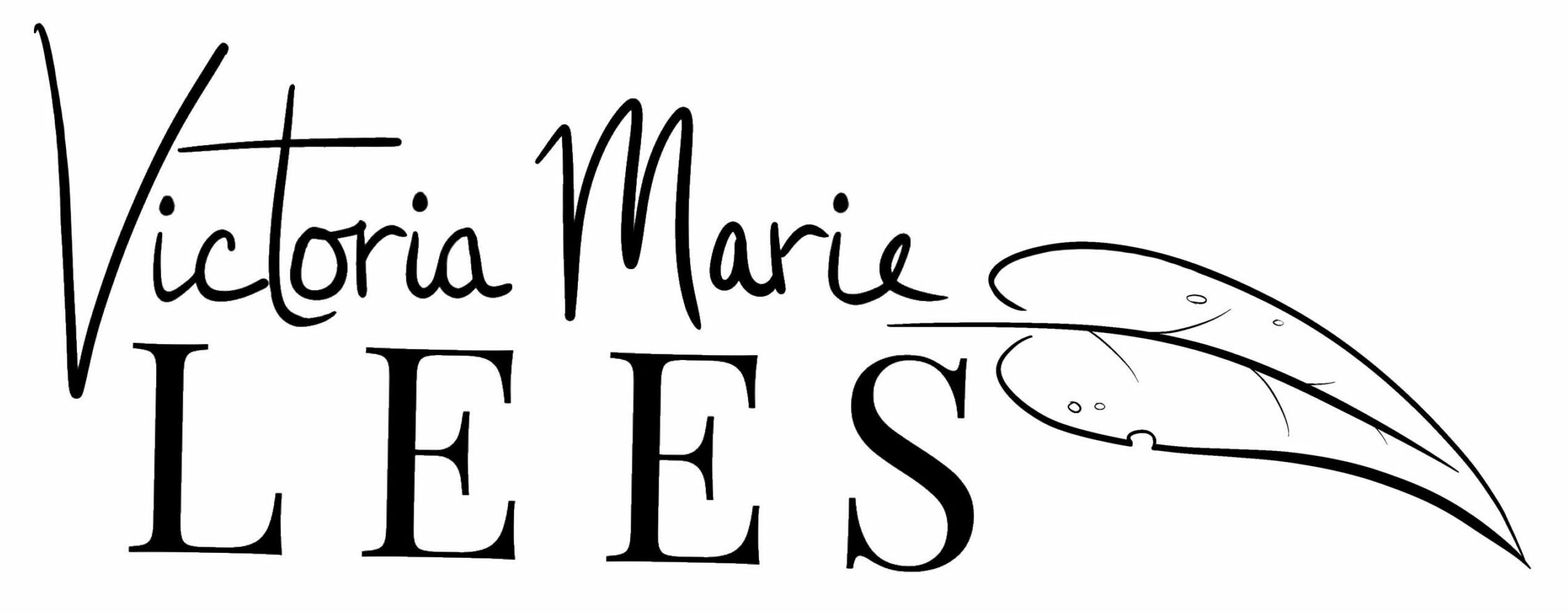Writers should not unload all the information about their characters in one place in their stories. Readers do not want to see a who’s who bio for every character lumped together in the story. By the same token, writers should not pile on all the facts of their story world at the beginning of their novels or memoirs either. You know; world history, how devices are used, why things happen, and why it matters to the world at large. Besides being info-dumps, these methods take away the pleasure of reading a story.
Let the story unfold naturally. Don’t answer all the reader’s questions on the first page or even the first chapter of a novel or memoir. Let the reader care about a person first. The story needs to unfold slowly as Jennie Nash of Author Accelerator tells her coaching clients. Once the reader connects with a character, then the writer can explain how the story world affects this person or family. We are creating a character arc. Characters, especially the protagonist, should change by the end of the story.
But where do you place the important material in the story?
The writer shares the information about his or her characters or the story at large at the time when those characters would be thinking about how things work in their world or thinking about their past because it affects the story present, the forward movement in the story. Many writers know this, but it’s very difficult to do.
At one point in my college memoir, the character of Victoria must face her fear of what opportunity might bring if she wins two prestigious college awards.
In allowing this story section to unfold slowly, Victoria discovers that what she’s afraid of are how her feelings toward her family might change if she is awarded an opportunity to study away from home. This was a dream of Victoria’s when she was younger. Now she feels she might blame her family, as if it could be their fault she can’t study just anywhere. She worries about what regret could do to her psyche. Regret from missed opportunities can be ugly. It makes people bitter. And Victoria does not want to be bitter—especially toward her family.
This forces Victoria to face the fact that she could never leave her family for semesters at a time; never leave her husband with all the work of raising five children and helping their special needs daughter with her education. Realizing her family comes first, Victoria decides to apply for the awards, knowing she would only accept an opportunity that she could use.
This is part of the character arc of Victoria. She will be forever changed from this point in the memoir story. She will not sacrifice her family life to live a college dream of studying away from home. She will find another way to complete her college education with no regret.
Please ask any questions about my college memoir and share any insight you may have in the comments section of Adventures in Writing about how you allow your story to unfold naturally. Thanks so much!
Please note:
I will not be posting on Adventures in Writing in July or August 2020. I am moving and have much to do, especially since I’m still trying to move forward on writing projects. Don’t know if I’ll be able to keep writing during this time, though. Thank you for your understanding.
And thank you for visiting Adventures in Writing. Please follow my blog if you haven’t already and connect with me online. Leave your blog link in the comment so I can be sure to do the same for you. To continue hopping through more amazing blogs or to join our Author Toolbox blog hop, click here.



Those details should always be sprinkled in.
Good luck with the move. I'll note you will be absent and not cross you of the IWSG list.
I agree that you shouldn't info dump these details and instead weave them into your story. Good luck with your move.
Good post Victoria – I enjoy 'planting' about my characters in dialogue for readers to think about. Hope your move goes well.
Tony
Such good advice. Wishing you well for the move.
Sounds a lot like the show don't tell. Yes, it's annoying when the action stops to explain what kind of coat the character was wearing or what kind of car the character was leaning against, etc. Hoping you have a smooth move.
I try to introduce characters, my like my friends in "real life". I don't sit down the people I'm introducing and do a two-hour presentation with graphs, charts, and pictures. I let them get to know each other gradually, so they can actually enjoy the encounter. 😉
Anna from elements of emaginette
There's a piece of advice about info dumping at the beginning of a story that I hold onto. Hold off writing the info dumps into the story for as long as you can, and I think that works with your advice as well, because you're saying write the info when it's relevant, same as the advice that continues to resonate with me. Moving is a huge thing, and I wish you and your family an uneventful one. And happy summer!
Great post! Thanks for sharing, and good luck with your move. 🙂
Thank you, Alex! And thank you for not crossing me off the IWSG list. This move is crazy. In one house, I'm using boxes to hold lamps. In the other house, I can barely get in the door because of boxes. Yikes!
Thanks for your note here at Adventures in Writing. Have a beautiful summer!
Thank you, Natalie! That's the way we should add details in story, but it's not easy. Thanks for your good wishes here at Adventures in Writing for my move. Have a beautiful summer!
Exactly how the writing of the story should go, Tony. Bravo! When the story is working for me, I enjoy "planting" the details in dialogue or thoughts, too.
Thank you for your good wishes. I'm going to need them! Thanks for your comment here at Adventures in Writing for my move. Have a beautiful summer!
Hello and welcome to Adventures in Writing, Marian! Thank you so much for your kind words and good wishes for my move. Have a beautiful summer!
Hello and welcome to Adventures in Writing, Susan! Absolutely, the writer shouldn't interrupt the action to describe anything that is not pertinent to what's going on right now in the story.
Thank you so much for your good wishes for my move. Have a beautiful summer!
Right, Anna! Don't unload all the details/description in one place. Let the story unfold slowly and thereby the character details bit by bit.
Thank you so much for sharing your writing methods here at Adventures in Writing. Have a beautiful summer!
Right, Raimey! Add the information when it is relevant to what's going on in the story at the time the character would be thinking about it. Thanks for sharing your insight here at Adventures in Writing. It's truly appreciated.
Thank you for your good wishes with my move. This is tough! And thanks for your understanding that I need to take the next two months off from blogging to accomplish the move. I hope. Have a beautiful summer!
Thank you so much, Charity, for your kind words here at Adventures in Writing. They are truly appreciated. I really need the good wishes with this move. Thank you! Have a beautiful summer!
I hope your move goes smooth. A big change for some people. Thank you for this post. I like that the journey of your character is internal mostly.
Thanks, Dawn, for your good wishes with my move. Yikes! This is difficult to sell your home and pack up. Yes, I believe stories are internal mostly. It's about how what's happening in your story affects your character[s].
Thanks so much for your note here at Adventures in Writing. Have a beautiful summer!
A story is just that: a story. And a story unfolds, with information coming out when necessary. Too much and the reader turns off.
Not all readers like to wait – it is a lack of attention span syndrome I believe. I love to be immersed in a story, others want to know at the start as much as possible.
Hello and welcome to Adventures in Writing, Kerry. I agree with you. Too much information at one time definitely turns a reader off. It interrupts the story flow.
Thank you so much for your comment here at Adventures in Writing. Enjoy your weekend!
Hello and welcome to Adventures in Writing, Mandy! You know many times, I'm that impatient reader who wants to know–right now–why a character is acting this way or why the story world is set up the way it is. But you are right. Today's reader does not have the attention span to weed through lots of explanation. They'll close the book and do something else.
Thank you so much for sharing your knowledge here at Adventures in Writing. Enjoy your weekend!